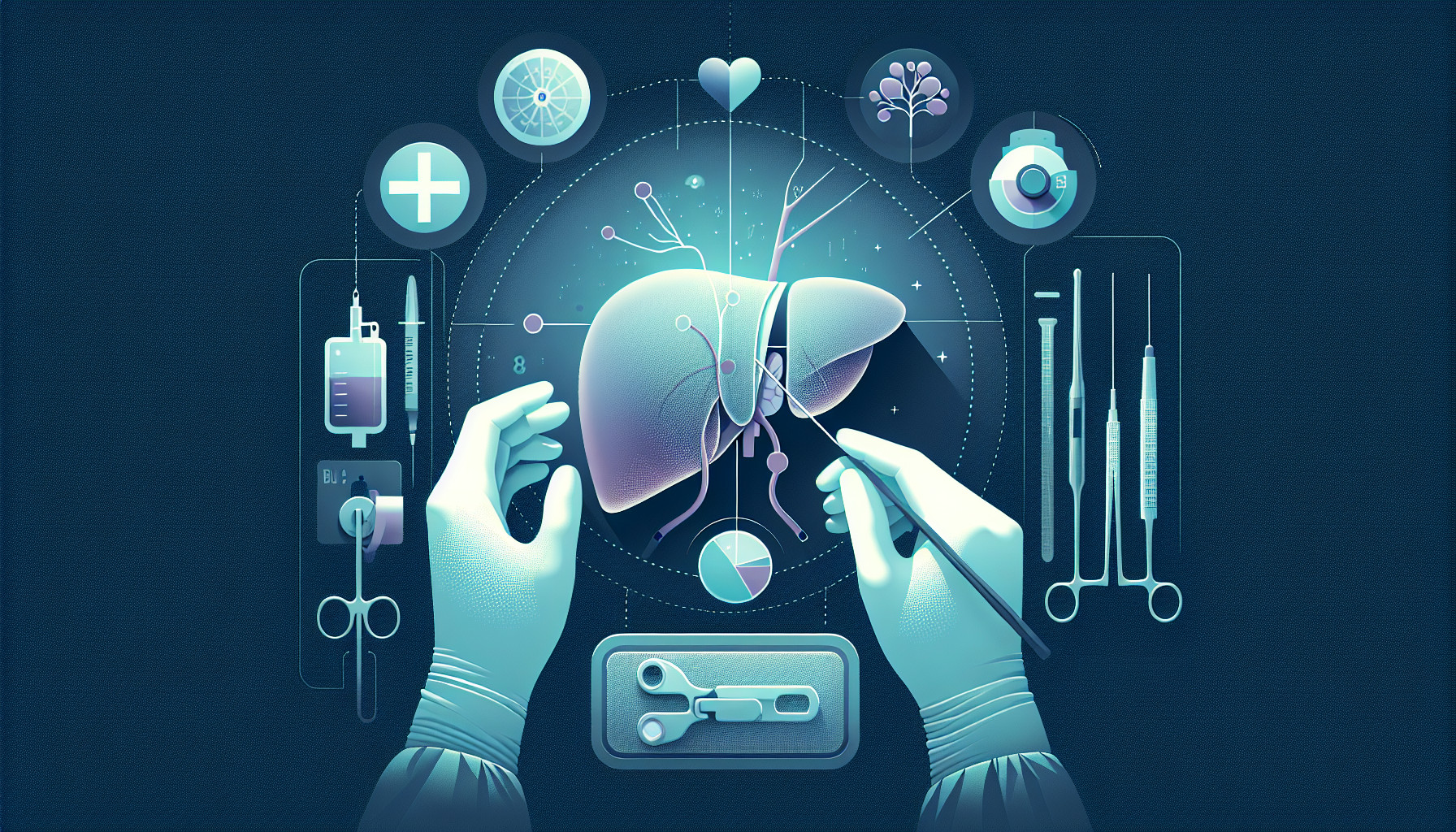Our Summary
This research paper studies how a child’s caregiver’s social and psychological factors could potentially impact the outcome of a liver transplant. The study was conducted on 136 patients who had received a liver transplant at Texas Children’s Hospital. The social and psychological factors of these patients’ caregivers were carefully assessed before the transplant and were monitored for up to four years after the transplant.
The study discovered that factors such as the age and education level of the parent, the type of health insurance they had, and their household income were significant determinants of whether the caregivers correctly adhered to the medication regime that was prescribed after the transplant.
There was also a noticeable trend of a higher number of rejection episodes in patients whose caregivers did not adhere to the medication regime. However, the correlation was not statistically significant.
In conclusion, the study suggests that the social and psychological factors of a child’s caregiver can significantly impact the success of a liver transplant. Therefore, it is essential to identify these factors early on and intervene if necessary to ensure the best possible care for pediatric liver transplant recipients.
FAQs
- What were the main findings of this research on pediatric liver transplants?
- How do the social and psychological factors of a child’s caregiver impact the success of a pediatric liver transplant?
- How does a caregiver’s adherence to the medication regime affect the patient’s risk of rejection after a liver transplant?
Doctor’s Tip
One helpful tip a doctor might tell a patient about pediatric liver transplant is to ensure that the child’s caregiver is knowledgeable about the medication regime and follow-up care required after the transplant. It is important for the caregiver to understand the importance of adhering to the prescribed medications and attending all follow-up appointments to ensure the best possible outcome for the child. Providing support and resources for the caregiver can help improve adherence and overall success of the transplant.
Suitable For
Patients who are typically recommended for pediatric liver transplant are those who have end-stage liver disease, acute liver failure, or genetic conditions that affect the liver. These patients may also have conditions such as biliary atresia, metabolic liver disease, or liver cancer.
Additionally, patients who have failed other treatments for their liver disease or have complications such as portal hypertension or recurrent infections may also be recommended for a liver transplant. Children who are not responding well to medical management or have a poor quality of life due to their liver disease may also be considered for a liver transplant.
It is important for these patients to be evaluated by a multidisciplinary team of specialists, including pediatric hepatologists, transplant surgeons, psychologists, and social workers, to determine if a liver transplant is the best treatment option for them. The team will assess the patient’s medical condition, overall health, and psychosocial factors to determine if they are a suitable candidate for a liver transplant.
Overall, patients who are recommended for a pediatric liver transplant are those who have a high risk of mortality without a transplant and have a good chance of survival and improved quality of life with a transplant. The decision to proceed with a liver transplant is carefully considered and individualized for each patient based on their specific medical and psychosocial needs.
Timeline
Before the pediatric liver transplant:
- Child is diagnosed with liver disease and undergoes medical evaluation
- Child is placed on the transplant waiting list
- Child and family undergo psychological evaluation and counseling
- Child and family receive education on the transplant process and what to expect
After the pediatric liver transplant:
- Child undergoes surgery to receive the new liver
- Child is monitored closely in the hospital for complications
- Child and family receive education on post-transplant care and medication regimen
- Child is discharged from the hospital and continues to be monitored regularly by healthcare team
- Child and family adjust to life post-transplant, including managing medications and potential side effects
- Child returns to normal activities and experiences improved health and quality of life
Overall, the pediatric liver transplant process involves a significant amount of preparation, monitoring, and adjustment for both the child and their family. The success of the transplant is dependent on the adherence to post-transplant care guidelines and the support provided by the child’s caregivers.
What to Ask Your Doctor
- What are the potential risks and complications associated with pediatric liver transplant surgery?
- How long is the recovery period after a pediatric liver transplant, and what can be expected during the recovery process?
- What medications will my child need to take after the transplant, and what are the potential side effects of these medications?
- How often will my child need to visit the hospital for follow-up appointments and monitoring after the transplant?
- How can we ensure that my child’s caregivers are properly educated and supported in managing their medication regimen and overall care after the transplant?
- Are there any specific lifestyle changes or dietary restrictions that my child will need to follow post-transplant?
- What signs or symptoms should we watch for that may indicate complications or rejection of the transplanted liver?
- How long can we expect the transplanted liver to last, and what are the potential long-term outcomes for pediatric liver transplant recipients?
- Are there any support groups or resources available for pediatric liver transplant patients and their families to help navigate the post-transplant journey?
- What is the success rate of pediatric liver transplants at this hospital, and what factors contribute to a successful outcome for these patients?
Reference
Authors: Sakhuja S, Himes R, Carreker C, Guffey D, Beer S, Amin M, Hiremath G, Mysore K. Journal: Pediatr Transplant. 2023 Feb;27(1):e14425. doi: 10.1111/petr.14425. Epub 2022 Nov 2. PMID: 36325588
